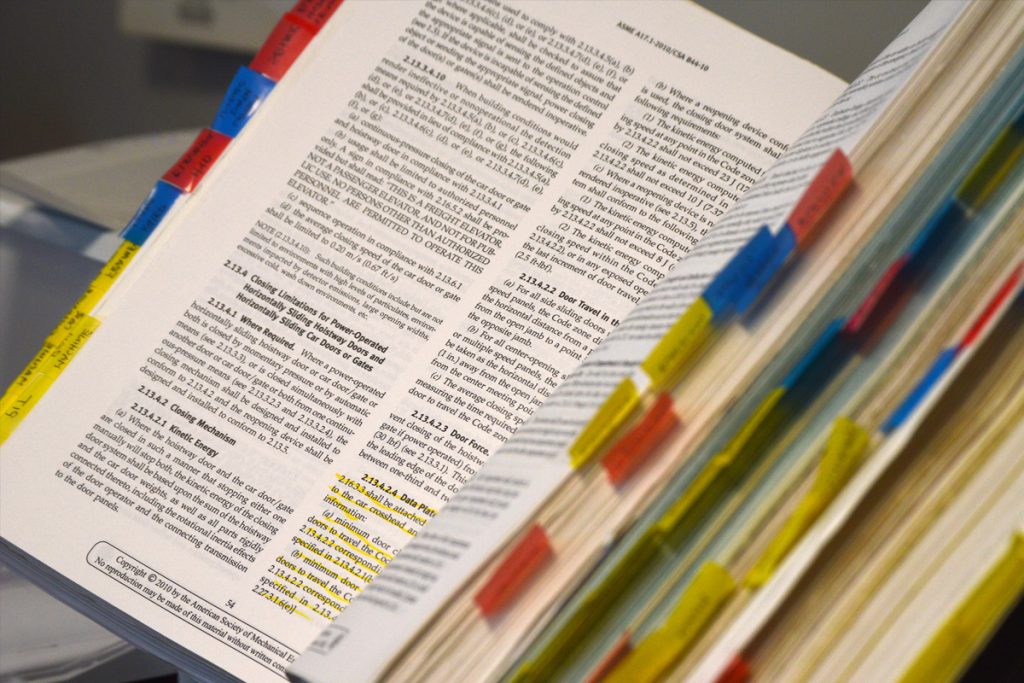How to Enjoy a Public Hearing
An essay from former PAR Coordinator, Suzanne Marinelli.

You’re on your way to the State Legislature for a hearing. Is this your first or your hundredth? Is this process new to you, or have you been involved for years? Whatever the case, you may as well have a good time. Maybe these pointers will help, somewhere along the line.
Before the Hearing
Some theory…
There’s lots of other stuff you could be doing. But this issue needs solving. You may have to take time off from work, sit in a cold or stuffy room for hours while other subjects (not nearly as interesting as yours) are being discussed, and maybe still not get what you want or need from the process. Why bother?
For freedom. For liberty. Use them or lose them. They are precious, and only as strong as the use we make of them. When you weary of the hearing process, remind yourself of the parts of this world where people would – and do – live and die just for the chance to say what they believe.
Know the depth of your commitment and be comfortable with it. Do you want to attend a huge hearing and not even speak, but just be there to show support for someone or something? That’s fine. Or do you want to devote the rest of your life to the process? Many people will welcome you (and work you right into the ground if they get a chance). Both approaches, and all the ones in between, are important.
… and some practical matters.
If you plan to testify on a specific bill, read the bill carefully. Recently someone spent hours preparing and writing testimony, then came to the Capitol on a Saturday morning to testify against a bill she thought would affect her dwelling. In fact, the bill dealt exclusively with commercial enterprises.

If you’re in this for the long haul, by all means get to know the people involved. Ask for appointments with the assigned committee’s members or their staffs, as well as your own district’s legislator. Be on time to the appointments. These people work incredibly long hours during session, and all time is valuable.
Prepare. Know your material. If your depth of knowledge becomes apparent to committee’s members and you show them you are rational and fair in your assessments, you can become a helpful resource to them; they can call on you when they need more information.
Turn your testimony in on time. A 24-hour deadline prior to the hearing is standard. If you realize for some reason that you cannot meet that deadline, call the committee clerk and ask for advice. This is important because the legislators and their staff need to read all testimony in advance of the hearing. They have even more homework to do than you.
Don’t forget to sign up to speak when you first get to the meeting room. Government representatives will usually be called upon to testify first at a hearing, followed by the larger business entities. The regular mortal has an advantage here in presenting material further down the line of speakers – often the previous presenters will have made remarks that remind you of something you wish to incorporate into your own spoken testimony. Use whatever fair advantages come to you.
During the Hearing
Some more theory…
Look around and see who came to the hearing. Particularly if you expect to spend a lot of time working on your issue, get to know the folks who see it differently. Somewhere in your divergent belief systems you can find shared belief. No matter how small it is, you still share common ground with your opponents. Nurture the seeds that are sown in common soil; they can grow into mature and informed understandings, better laws, and better lives.
… and some more practical suggestions.
Testifying can be very intimidating, especially if it’s new to you. Those influential committee members are strangers, after all, and they have varying amounts of power over an issue dear to your heart. How can you deal with nervousness? Try talking about your subject like it’s your friend – tell its story:

“Gentlemen and Ladies, thank you for this hearing on widget taxes. Widgets have always been part of my personal and business life. I understand you need to find additional revenue, but I’m concerned you may not have heard all the reasons widgets should be tax-free. Let me explain…”
Things to remember when testifying
- Identify your self and those you represent.
- State your position, clearly, within your first few sentences.
- Be respectful.
- Tell the truth.
Keep your testimony as short and simple as possible. The shorter the testimony, the more carefully it will be read. Don’t let an obscure presentation get in the way of what could be a very clear position.
By all means support your position with facts, solid information, and a few handouts if you have them. Then remember that decisions are made with the heart as well as with the head. This is not to suggest elevating emotional responses over logic; rather, it is a strong appeal for balance, for intellect acting in concert with emotion, for wholeness in our choices.
If you are opposing a piece of legislation, suggest real alternatives. Offer potential solutions. Remember you’re there to be helpful and not simply to complain. Once again, remember that you can become a resource to your lawmakers.
Express your support for the parts of the bill that seem right to you, even if – particularly if – you oppose the measure in general. People need to hear what’s right as well as what’s wrong.
It’s perfectly okay to depart from your prepared text when providing verbal testimony. In fact, if your material is over a page long, condensing your remarks will be very helpful.
As you speak, committee members are likely to be following along in your written remarks, highlighting the parts that seem most pertinent. Point out the sections that are particularly important to you.

After the Hearing
Did your bill pass? Did you get just what you wanted out of the hearing? Amazing. Make sure to thank the people who heard you so clearly they could make no other choice but the one that seemed so right to you.
Get ready to follow that bill through the rest of the process. More hearings, more testimony, more stiff chairs and stuffy air, more freedom…
Did your beautiful bill die, right there in front of you? It’s not necessarily over yet. Other bills may still be alive that deal with the same subject matter. Find out where and when they will be heard. Maybe you can get your bill’s contents added in to one of them. Talk to your allies, your legislators, the committee members, the clerks, the next committee’s members, their clerks. They can help you figure out where your material would best fit, and if pursuing this tactic is going to be helpful. Then start again at that next level.
Remember that even though the process is slow and often frustrating, that slowness also keeps lots of unhealthy, unhelpful, unproductive legislation from coming into law. We can be glad of that.
And finally, accept our thanks and your own as well. It really couldn’t be done without you.